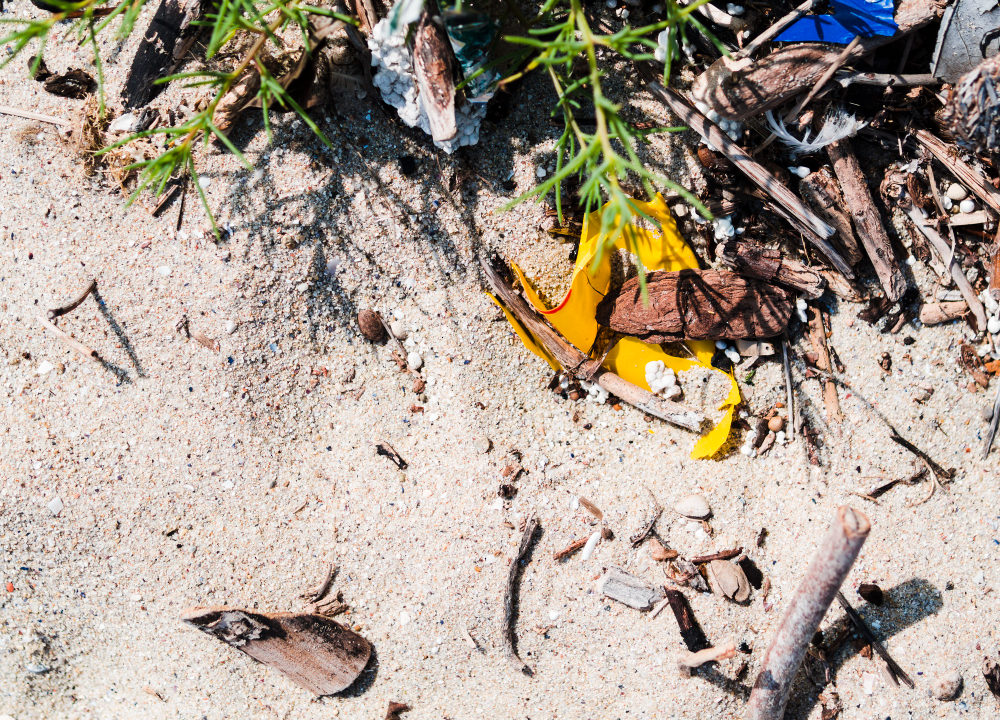A new study has found that the agriculture, shipping and fishing sectors are the main sources of plastic pollution in our seas.
The study was commissioned by the European network of marine NGOs and published by Galway Mayo Institute of Technology (GMIT).
‘Microplastics in the marine environment: sources, impacts and recommendations’ is the work of microplastic researchers at GMIT and the report’s publication coincides with the commencement of European Green Week 2021 where the focus is on zero pollution for healthier people and planet.
The aim of the report is to provide useful information for decision-makers, stakeholders, researchers, and the general public.
Key findings of the reports are as follows:
- The predominant sources of plastics and microplastics in the marine environment come from the agriculture sector (plastic seed coatings; spreading of sludges from wastewater treatment plants and the use of plastic mulching); the shipping industry (1,816 containers lost at sea in 2020), and the fishing industry (abandoned, lost, and discarded fishing gear);
- This report starts to highlight for the first time a link between plastic pollution and climate change based on scientific peer-reviewed publications. Of the plastic polymers tested, low density polyethylene – plastic milk bottles and shopping bags – released the highest concentrations of greenhouse gases (methane and ethylene) to the environment when exposed to solar radiation;
- From the base of the food chain (plankton) to the largest marine mammals, they are currently threatened by the levels of microplastics in our oceans. It is predicted that by 2050 that 99% of all seabirds will have plastic in their digestive systems. All marine turtle species are impacted by plastic pollution (ingestion and/or entanglement).
- The majority of microplastics in the ocean were identified as fibres from clothing;
- Based on the research findings, a set of policy recommendations are proposed to reduce and minimise plastic emissions, and consequently the impacts of microplastics in the marine environment. This report provides a variety of recommendations across several sectors to address the levels of plastic pollution in Europe. These recommendations have been organised into short (two to three years), Medium (three to eight years) and long term (more than eight years) to support decision makers working on this topic;
- The research findings within this report encourage decision makers to take a holistic approach when exploring environmental issues within Europe. The plastic pollution problem is a complex multi-stakeholder process with many cross-sector linkages which cannot be successfully addressed in isolation;
The report was compiled by members of the marine microplastic research team in the Marine and Freshwater Research Centre (MFRC) at Galway-Mayo Institute of Technology (GMIT), and MalDeegan Productions in Dublin.
